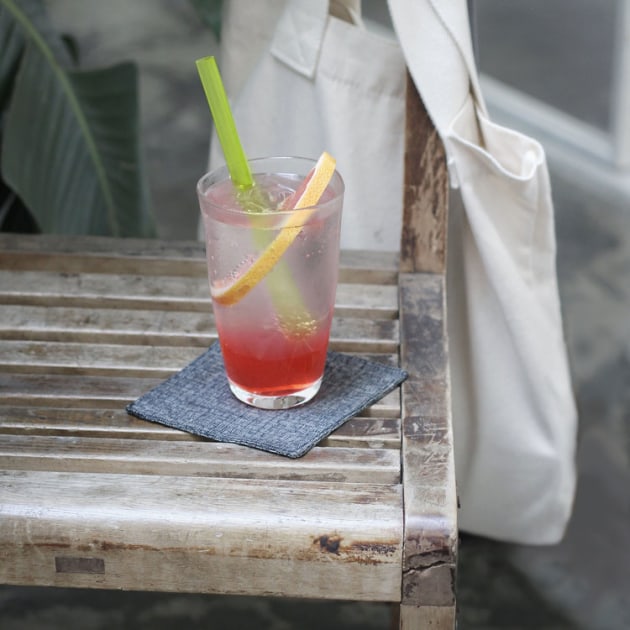The first wave of a new biodegradable straw made of seaweed is on its way to early adopters.
US company Loliware bills its straw, which is made of 100 per cent food-grade materials and can even be eaten, as “hyper-compostable”. According to CEO Chelsea Briganti, the company aims to replace the 360 billion plastic straws made around the world every year.
“Every piece of plastic ever created still exists. There are five trillion pieces of plastic in our oceans; an estimated ten million tons of plastic is produced every second.
“Single use plastics should never be built to last, they should be designed to disappear,” she said.

Unlike corn-based PLA, which requires industrial composting to break down, Loliware straws biodegrade like banana peels – co-founder Leigh-Ann Tucker estimates that one of its straws in the ocean will break down within a few weeks.
“Where plastic straws are simply taking up more and more space in our landfills, our straw creates new value after it’s used in three key ways,” said Tucker. “It can transform into plant fuel through composting, machine fuel through anaerobic digestion, or human fuel through eating.”
As it is made of seaweed, Loliware’s straw is more eco-friendly than other bioplastics, added Briganti and Tucker.
“Seaweed is a renewable resource that does not require land resources and actually absorbs CO2, which is why a seaweed-based product has an environmental advantage. Many bioplastics are made from GMO crops like corn,” they said.
Loliware first made headlines in 2015, when Briganti and Tucker appeared on Shark Tank to pitch disposable cups made of similar material. Despite striking a deal with two of the “sharks” at the same time, Loliware later discontinued its cups due to low sales and poor reviews; however, the company still managed to raise more than $122,000 USD ($172,000 AUD) for its straws on the Kickstarter and Indiegogo crowdfunding platforms.






